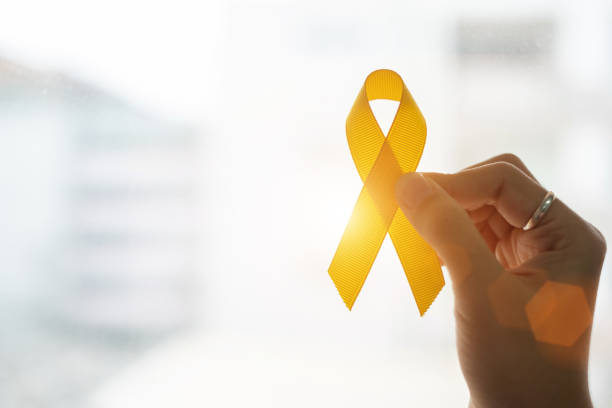Fifteen years ago, when I entered the pharmaceutical industry, I met a GP who stood out immediately. He had a sharp sense of humour, was well-liked by his team and managed two busy practices. He gave the impression of someone who had everything in place – professionally, socially and personally.
A few weeks later, while arranging a follow-up meeting, I called one of the practices. That’s when I found out he had taken his own life.
I didn’t know how to respond. I kept replaying everything about him in my mind: his humour, his calmness, his role as a family man and leader. I had no warning and I couldn’t understand why someone like him would make that decision. I continued to visit both practices for several years, but things didn’t feel the same.
Years have passed since then and healthcare professionals still report some of the highest suicide rates worldwide. Despite being in constant contact with people, many of them barely speak about what they’re going through. I often saw colleagues exchange the same brief interaction, “How are you?” followed by “I’m fine” and then return to their tasks, leaving everything else unspoken.
From what I’ve seen, some colleagues you work with right now may have considered suicide or even attempted it. If someone does open up to you, how you respond matters. It’s easy to become emotionally distant when you’re exhausted or focused on your own workload. But when someone chooses to speak, even tentatively, it’s important not to ignore or dismiss it.
If someone begins talking about suicide, even in a joking way, ask direct, clear questions:
- Have you made any preparations?
- Do you know how or where you would do it?
- What do you think will happen afterwards?
- Who would be affected?
Having these conversations can help reduce feelings of distress or distorted thinking, which are often temporary and treatable. Research consistently shows that people tend to underestimate how serious someone’s thoughts of suicide are, possibly because it creates discomfort or fear. But silence doesn’t reduce risk; it increases it.
If someone shares thoughts like this with you, don’t leave them alone. Call for medical help or take them directly to an emergency department. Remove any substances or items that could be used to harm themselves.
There are also signs to be aware of, some verbal, some behavioural. Watch for these indicators in your colleagues:
Thought Patterns to Look Out For
- Expressing strong self-hatred (e.g., “I don’t deserve to be here”)
- Talking about hopelessness (e.g., “There’s no point in carrying on”)
- Isolating themselves from others
- Saying they don’t belong anywhere
- Feeling like a burden (e.g., “Everyone would be better off without me”)
Behavioural Signs
- History of suicide attempts
- Sleep problems
- Unusual irritability or anxiety
- Sudden anger or emotional outbursts
- Risky or reckless behaviour
- Increased alcohol or drug use (a known factor in 50% of suicide cases)
- Frequent mood swings
- Direct or indirect talk about suicide
In healthcare, emotional strain often goes unspoken. We deal with pressure, urgency and expectation on a daily basis but not always with kindness toward each other. We need to stop assuming everyone is coping just because they appear functional.
Sometimes what people need isn’t a solution or “to fix” their problems, it’s someone who listens. A short conversation might not fix everything, but it can stop someone from feeling like they’re dealing with it alone.
If You Need Immediate Help
These services are available to speak with you or someone you’re concerned about:
NHS 24 Mental Health Hub
📞 Call 111 (Available 24/7)
Samaritans
For anyone struggling to cope or thinking about suicide
📞 Call 116 123 (Available 24/7)
Breathing Space (Scotland)
For low mood, anxiety or depression
📞 Call 0800 83 85 87
Mon–Thurs: 6pm–2am | Fri 6pm–Mon 6am
Switchboard LGBT+ Helpline
Information, support and referral for LGBT+ individuals
📞 Call 0300 330 0630 | 🖥️ Webchat: switchboard.lgbt
10am–10pm every day
Campaign Against Living Miserably (CALM)
Support for men experiencing distress
📞 Call 0800 58 58 58 | 🖥️ Webchat: calmzone.net
5pm–midnight every day

Elena Eleftheriadou is an Executive Coach and Integrative Therapist with a purpose and passion to help people communicate more effectively, diminish stress and anxiety and prevent burnout to improve their work-life balance.

